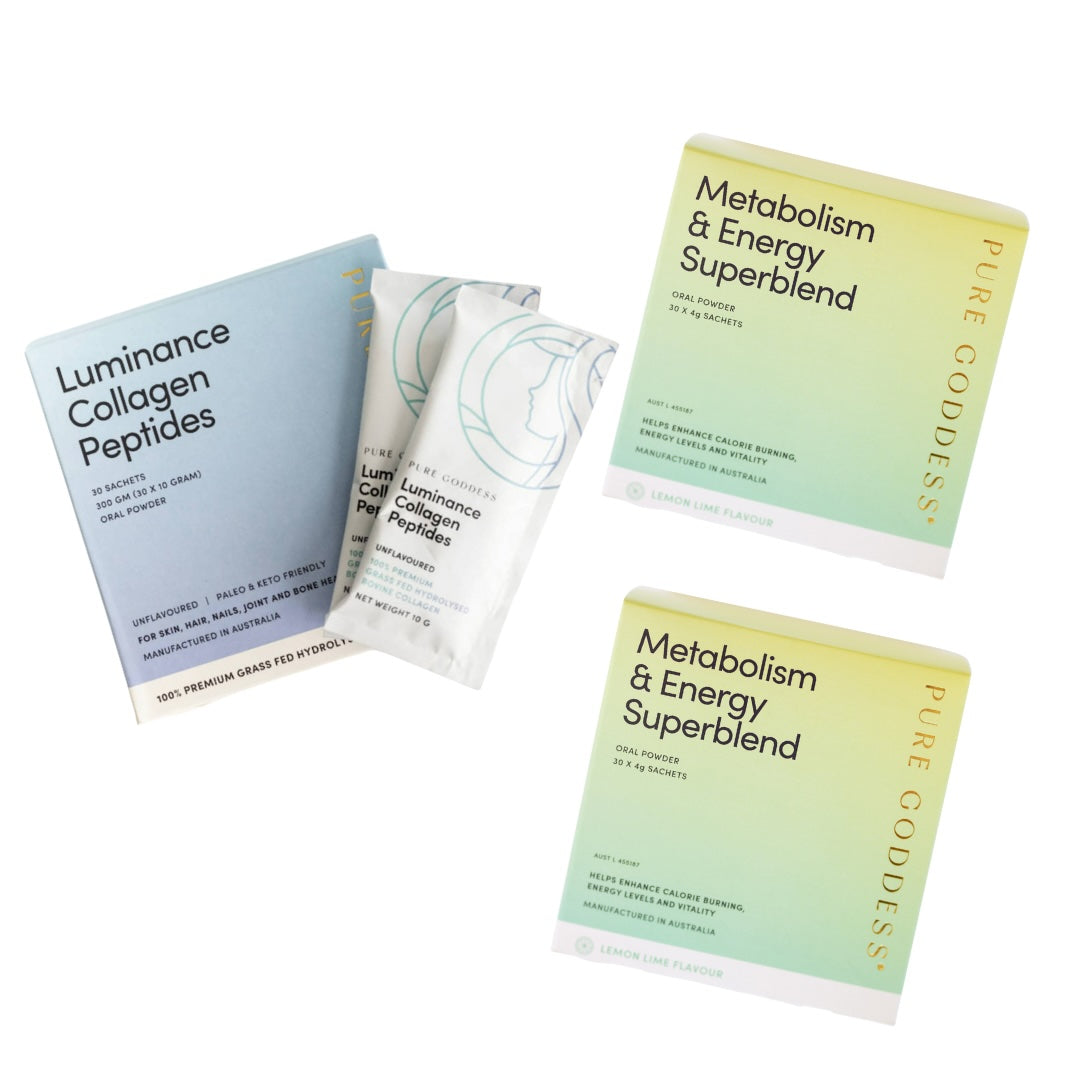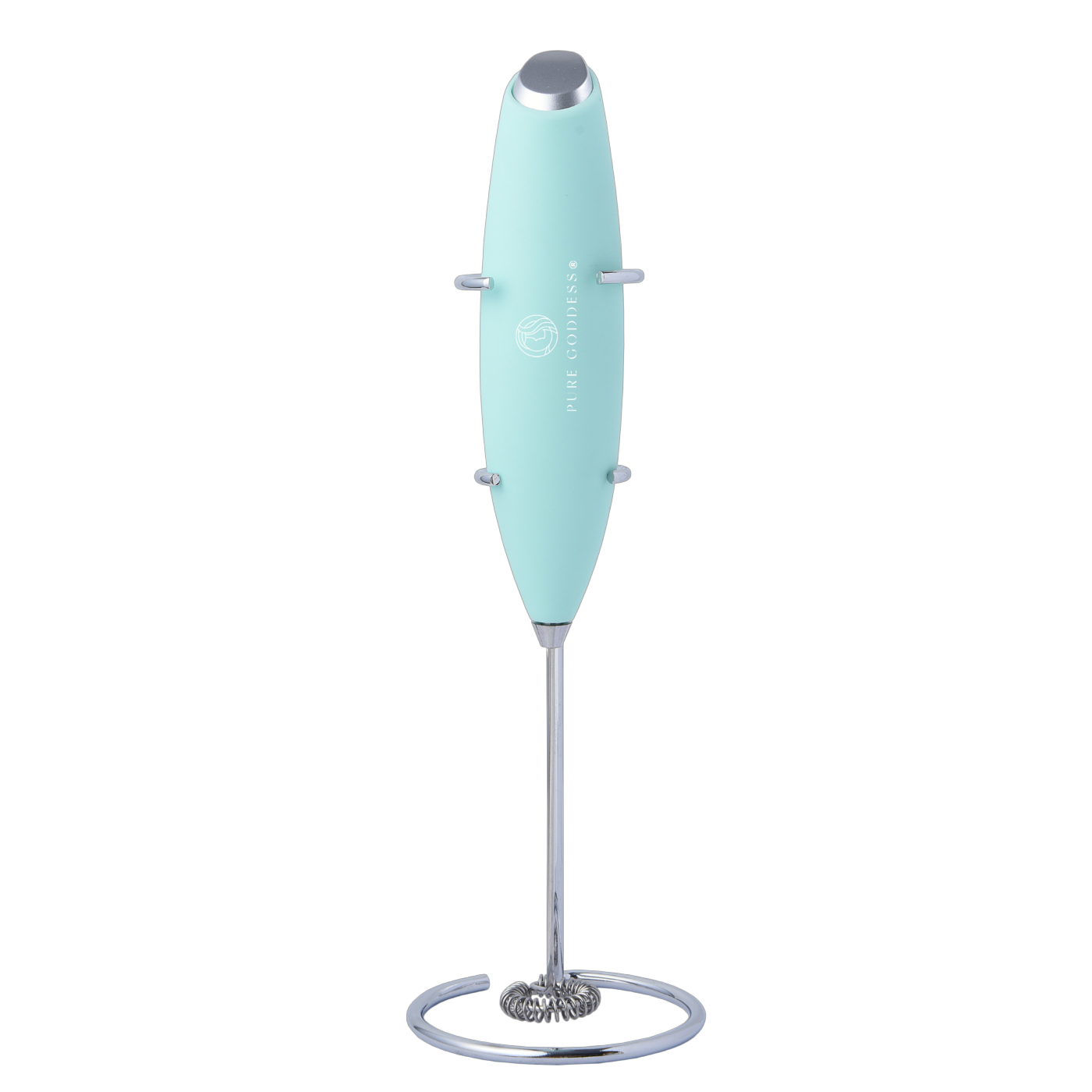Menopause and Hormones: Symptoms, Stages, and Natural Ways to Find Balance
The Hormone Monster!
Once you turn a certain age, the hormone monster can make an appearance and change your once balanced happy self into a crazed lunatic and a hot mess.
Progressing into your naughty forties is thought to be the start of the rest of your life
Many women start to break free of having small toddlers hanging off them or having to do the daily school run whilst being the family taxi at night! You may start to see some savings build in your bank account, you get to go out with friends or your partner more than you’ve ever done! It can really be a truly wonderful thing turning 40 and finding yourself again.
It’s not all good news unfortunately. Getting older can often bring with it a whole host of health issues to navigate. Many women tell us that as they hit their 40s they realise they are no longer a spring chicken and have to make changes to their lifestyle just to feel they can function each day.
Now don’t misunderstand us, we are not saying you're heading for a decline in health or a midlife crisis as soon as you hit 40, however, getting older may impact your health and well-being especially if you develop medical issues, don’t look after yourselves, don’t eat healthy at all and slip into lazy eating habits, to name a few.
For many the 40s phenomenon does seem to start to change you from the inside out, albeit gradually for many.
As you progress in age your body’s hormones can freak out and cause so many different imbalances which create some unwanted health conditions to navigate.
Remember back in the day when you lived on Diet Coke and 2 minute noodles whilst drinking your weight in alcoholic drinks out clubbing, having 2 hours sleep and being able to start work at 6am looking fresh as a daisy, well you won’t be able to do this anymore.
It’s early to bed with a good book most nights around this age for many as the toll of the day can exhaust you beyond belief.

Memory...what is that?
Remember when you had the IQ of Einstein?
Well, you can kiss goodbye to that, you'll be lucky to find your car keys where you left them or wonder what brought you to stand in the middle of the office at work or wonder why your wallet is in the fridge and the cheese in your handbag! Now, this is not actually memory loss for the majority of women however, brain fog can be super persistent around your 40s and 50s as you have so much going on in that head of yours, your brain just has trouble keeping up!
Weight management can be an issue for women in their 40s and they often find the days of zipping back into shape after doing the cayenne pepper diet, the cabbage soup or the carrot juice diet are looooooooooong gone!
This is because there is a slow down in the metabolism as we age and we can gain weight at lightning speed. We try many fad crash diets but don’t seem to lose as much weight as we would before at that same rate.
We may lose muscle definition that results in loose skin.
It is important to understand how our bodies function from the inside out and how food plays a part in repairing, healing and managing the body and weight. Check out how Pure Goddess can help you balance your hormones and teach you how to use food and natural supplements to get you feeling like yourself again.

Is it the Menopause?
It’s very unlikely that you would enter the menopause phase in your early 40s. It is more common to enter the perimenopausal stage around this age bracket and you reach the menopause in your 50s, however, some women will experience it all sooner as their mother did and her mother before that.
You may start to experience some changes to your menstrual cycle that may increase your monthly flow, extend the duration of your cycle, develop excruciating painful periods or the opposite. Some women report short periods, light flow that fluctuates month to month. This is known as the start of the perimenopausal stage.
What is perimenopause
Perimenopause is known as “the path to a woman’s final menstrual period”, yayyyyy we hear you shout however, being perimenopausal can cause some really unpleasant symptoms that are similar to, or even more pronounced than those of the menopause.
When does the perimenopause stage occur
The perimenopausal period usually happens in women who are in their 40s, the duration of this stage can be anywhere from 4-8 years for some women, but can also be as short as one year.
Generally speaking, When you have had no period or spotting for approx 12 months, you can be confident that you have reached menopause. You are then likely to be classified as ‘postmenopausal’ which brings its own set of symptoms that we will save for another blog!

So, what happens to you in the perimenopausal phase???
Your ovaries no longer produce the amount of eggs it once did. The chances of you becoming pregnant become less and less. Your ovaries will start to blend into retirement and wind down which will wreak havoc on your hormones sending them into a flap and causing fluctuations in your oestrogen and progesterone, this will in turn affect your periods.
Your periods can become a pain to manage. Often heavier, lighter, shorter or longer, more uncomfortable, or in some cases disappear for a couple of months only to return again out of the blue.
Symptoms
Some months you may ovulate and sometimes you may ovulate twice, other times you will not ovulate at all. Changes to your periods are often the first sign of perimenopause, but other common symptoms include the dreaded hot flushes, weight gain, night sweats, migraines, insomnia, concentration issues, vaginal dryness, loss of libido and amazing mood swings to name a few. Symptoms may come in waves and often get worse before your period, when oestrogen levels drop.
So, you may be wondering if you will experience all of these symptoms when it's your turn. There is some good news in the fact that approx 60% of women will experience quite mild symptoms, 20% of women will experience no symptoms at all and questions whether they are indeed in the menopausal stage. Approx 20% of women will experience severe signs and symptoms. These approximate statistics are based on reviewed trends in Australia over the last 12 years.
For further information on hormones, perimenopause and menopause speak with your gp or specialist, don't suffer in silence if you think your body is going through some changes, there is help out there.
Pure Goddess Metabolism & Energy Superblend can help:



Leave a comment
This site is protected by hCaptcha and the hCaptcha Privacy Policy and Terms of Service apply.